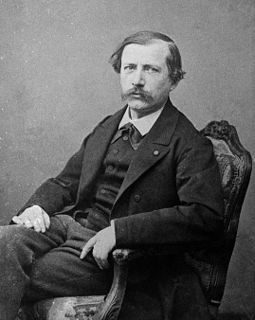A Quote by Jean de la Bruyere
Related Quotes
I change my keyboard between every book. I usually shop around. I'm very passionate about the physical feel of pressing the keys. It's got to have the right springiness. I tend to find the built-in keys very unsatisfying, the keys are low-profile and don't really do anything - I want it to feel like I'm typing.
I work in Hebrew. Hebrew is deeply inspired by other languages. Not now, for the last three thousand years, Hebrew has been penetrated and fertilized by ancient Semitic languages - by Aramaic, by Greek, by Latin, by Arabic, by Yiddish, by Latino, by German, by Russian, by English, I could go on and on. It's very much like English. The English language took in many many fertilizations, many many genes, from other languages, from foreign languages - Latin, French, Nordic languages, German, Scandinavian languages. Every language has influences and is an influence.
I played a lot of keyboards, but I really wanted to produce the sound that was in my head that I was trying to emulate on the keys. I wanted to do it for real. And it makes me look at the keys in a different way. So it's like I'm looking at the guitar and bass more like meat and potatoes and keys like coloring over top of it, you know.
Writing in African languages became a topic of discussion in conferences, in schools, in classrooms; the issue is always being raised - so it's no longer "in the closet," as it were. It's part of the discussion going on about the future of African literature. The same questions are there in Native American languages, they're there in native Canadian languages, they're there is some marginalized European languages, like say, Irish. So what I thought was just an African problem or issue is actually a global phenomenon about relationships of power between languages and cultures.






































